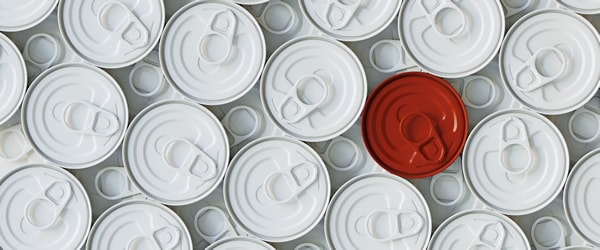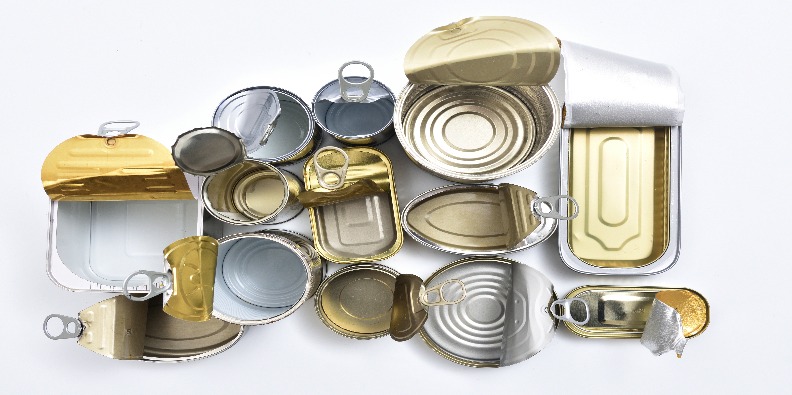
Specific Migration Test

| Specific Migration [2,2-bis(4-hydroxyphenyl) propane (Bisphenol A)] Analysis | EN 14372 |
| Specific Migration - Phthalate Determination | BS EN 13130-1, Agilent App Note |
| Specific Migration - Determination of Primary Aromatic Amines (PAA) | EUR 24815, EN 2011 |
| Specific Migration Formaldehyde Analysis | BS-EN 13130-23, TS EN 645 |
| Specific Migration - Elemental Determination (Aluminum (Al), Copper (Cu), Barium (Ba), Zinc (Zn), Iron (Fe), Cobalt (Co), Lithium (Li), Manganese (Mn), Nickel (Ni)) | ISO 17294-1, BS EN 13130-1 |
| Specific Migration Element Determination; (Antimony (Sb); Arsenic (As); Mercury (Hg); Europium (Eu); Gadolinium (Gd); Cadmium (Cd); Chromium (Cr); Lead (Pb); Lanthanum (La); Terbium (Tb); Sodium (Na); Potassium (K); Magnesium (Mg); Calcium (Ca) | BS EN 13130-1, NMKL 186 |
| Specific Migration Ammonium Determination | TS 7159 |
| Specific Migration Ammonium Determination | TS 7159 |
Bisphenol A (BPA) is a colorless solid synthetic organic compound. Used in the production of plastics and epoxy resins, BPA makes plastics harder and clearer. BPA is used in the production of many products. In particular, BPA can be found in food packaging, baby bottles, water bottles, plastic cups.
Plastic products containing BPA should not be used in processes such as heating food and washing in dishwashers. It is a parameter that should be tested especially in plastic materials due to its negative effects on human health. "Bisphenol - A (BPA) Determination" is carried out on plastic materials and materials.
You can contact us for "Bisphenol - A Determination" in packaging materials.
Epoxy is a chemical resistant to water, acidity and alkali. Epoxy and its derivatives are often used for lacquering the inner surfaces of cans.
- BADGE (2,2-bis (4-hydroxyphenyl) propane bis (2,3-epoxypropyl) ether)
- BFDGE (Bis (hydroxyphenyl) methane bis (2,3-epoxypropyl (3-epoxypropyl) ether)
- NOGE (Novalak glycidyl ether)
Such epoxy derivatives are tested within the scope of the "Turkish Food Codex Communiqué on Restriction of the Use of Certain Epoxy Derivatives in Substances and Materials in Contact with Food". "Determination of Epoxy and Derivatives" is carried out on plastic materials and materials.
You can contact us for "Determination of Epoxy and Derivatives" in packaging materials.
One of the most important parameters in specific migration is aromatic amines. By definition, aromatic amines are compounds in which the nitrogen atom in the amino group is directly attached to the aromatic ring. Aniline, one of the aromatic amines, is used in many areas of industry, especially in the production of pharmaceuticals, paints, explosives and plastics.
Primary aromatic amines are carcinogenic substances whose use is prohibited. Their use in packaging materials and contamination of food can adversely affect human health. For these reasons, it is a parameter that should be tested in packaging materials. "Primary Aromatic Amine Determination" is carried out on plastic materials and materials.
You can contact us for "Primary Aromatic Amine Determination" in packaging materials.
Heavy metals have harmful effects on the human body and their amounts are limited in packaging materials in contact with food. Heavy metals that may be present in packaging materials are tested under the "Turkish Food Codex Regulation on Food Contact Materials and Substances" and the "Turkish Food Codex Communiqué on Food Contact Plastic Materials and Substances".
Heavy metals are toxic substances found in trace amounts in nature. Heavy metals can be transmitted from the environment to food, from animals fed with feeds containing heavy metals to animal products and from all materials used in food production.
Heavy metals such as Aluminum (Al), Copper (Cu), Barium (Ba), Zinc (Zn), Iron (Fe), Cobalt (Co), Lithium (Li), Manganese (Mn), Nickel (Ni) are tested within the scope of heavy metal determination. "Heavy Metal Determination" processes are carried out on ceramic materials, paper materials, aluminum and aluminum alloy materials, plastic materials and materials and dyestuffs to be used in plastic materials and materials.
You can contact us for "Heavy Metal Determination" in packaging materials.
Phthalate is a chemical used to add flexibility to plastic products. Food packaging, in particular, should not contain phthalates because they come into contact with food. According to the Communiqué on Market Surveillance and Inspection of Certain Consumer Products for Hazardous Chemical Substance Content, products containing phthalates at concentrations higher than 0.1 percent in plastic materials are prohibited from being placed on the market.
"Phthalate Determination" is carried out on plastic materials and materials.